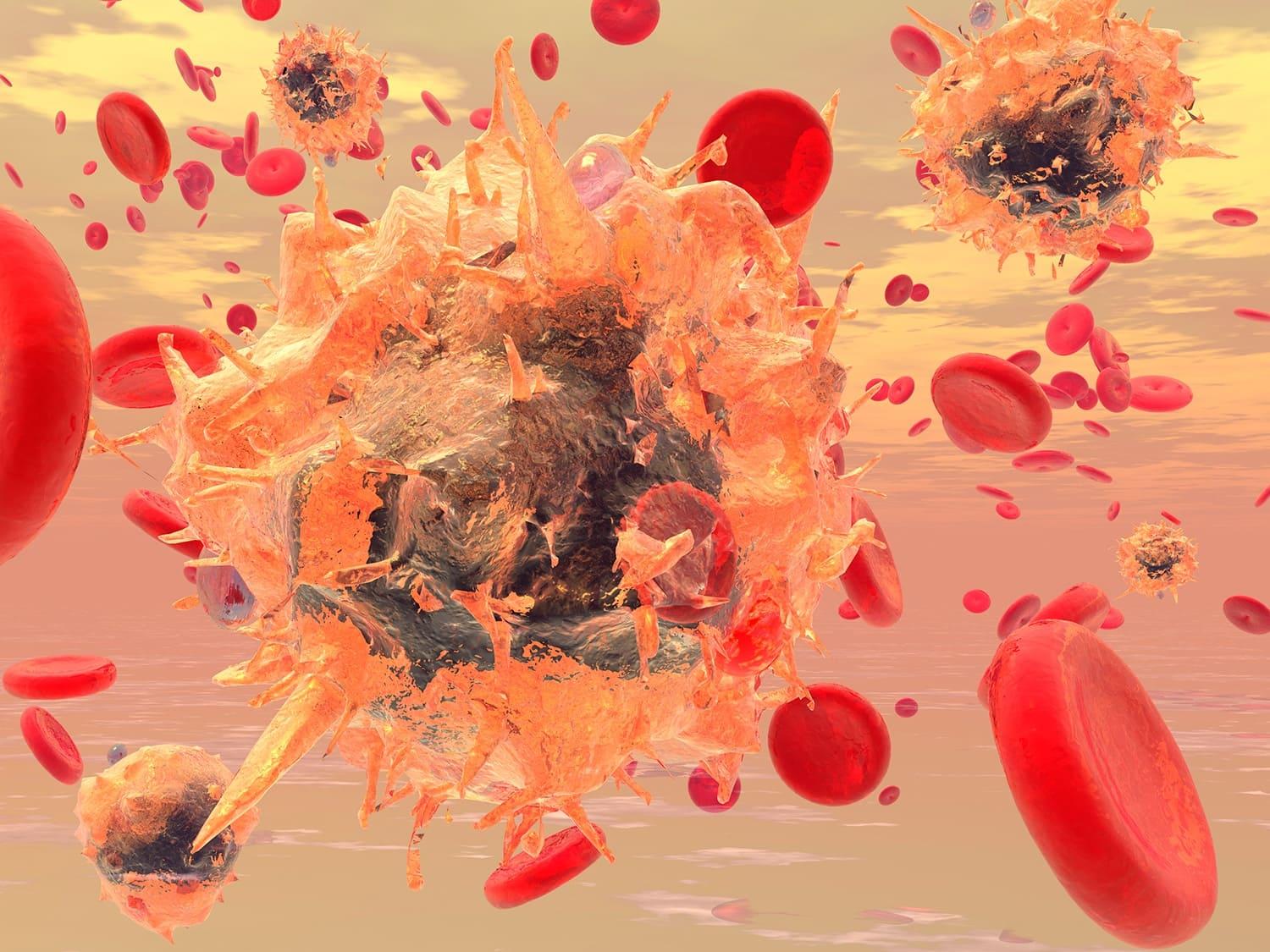KEY TAKEAWAYS
- The observational trial aimed to investigate the external validation of SMACS across diverse populations undergoing RARP.
- Researchers noticed SMACS correlates well with IIEF, showing a comprehensive assessment of sexual dysfunction in patients with RARP; further investigation is ongoing.
The major limitation of patient-reported outcome measures (PROMs) is their limited applicability due to homogeneity within study populations. The Sexual Minority and Prostate Cancer Scale (SMACS), initially validated with gay and bisexual men, offers a promising avenue for a more inclusive assessment of sexual practices in patients with prostate cancer (PC).
Findlay E. N. MacAskill and the team aimed to externally validate the SMACS in a diverse population undergoing robot-assisted radical prostatectomy (RARP), irrespective of sexual orientation, comparing its performance against gold standard PROMs.
They performed an inclusive analysis in this study, inviting all patients undergoing RARP to complete the SMACS scale alongside standard PROMs over a 10-month period. PROMs were utilized at 5 time points across 2 years surrounding surgery. Seven SMACS subscales (Problem Count (PC), Sexual Satisfaction (SS), Sexual Confidence (SC), Frequency of Sexual Problems (FSP), Urinary Incontinence in Sex (UI), Role in Sex (RS) and Problematic Receptive Anal Intercourse (PRS) were compared to the International Index of Erectile Function (IIEF) domains (A=Erectile Function, B=Orgasmic Function, C=Sexual Desire, D=Intercourse Satisfaction and E=Overall Satisfaction).
UI was compared to the ICIQLUTSqol question 16a (LQ) and the International Consultation on Incontinence Urinary Incontinence questionnaire (ICIQUI). Correlations were calculated in R using the Pearson method, and missing data was handled using pairwise deletion. Acceptability was assessed using a Likert scale questionnaire ranging from 1 to 5.
About 305 records were analyzed. Problem Count (PC) showed moderate correlations with IIEF domains A, B, and E (r=.52-.56, P<0.05), while SS exhibited strong correlations with domain A and moderate correlations with D and E (r=.71, r=.63-.67, P<0.05). PC was also correlated with domains C and D (r=.42-.48, P<0.05). SC showed either correlations or moderate correlations with all domains of the IIEF (r=.46-.53, P<0.05). FSP was moderately correlated with domain E (r=.61, P<0.05) and correlated with domains A and B (r=.41-.47, P<0.05).
UI demonstrated weak correlations with domains A, B, D, and E (r=.26-.33, P<0.05). PRS and RIS were not correlated with IIEF domains in our mixed population. SMACS volume of incontinence correlated with International Consultation on ICIQUI (r=-0.33, P<0.05), and UI was moderately correlated with LQ (r=-.52, P<0.05). Patients found the questions appropriate (median 2, IQR 1-3) and felt it completely assessed their sexual dysfunction (median 1, IQR 1-.2).
The study concluded that the SMACS demonstrates strong correlations with various domains in the IIEF, indicating its comprehensive assessment of sexual dysfunction across mixed populations. Patients reported that SMACS fully assesses their sexual dysfunction, suggesting its potential as an inclusive tool for further validation with other PROMs.
The trial was sponsored by the Guy’s and St Thomas’ NHS Foundation Trust.
Source: https://www.auajournals.org/doi/10.1097/01.JU.0001008624.07191.ab.10
Clinical Trial: https://clinicaltrials.gov/study/NCT05772598
MacAskill F E N, Torres C, Coker B, et al. (2024). “EXTERNAL VALIDATION OF THE SEXUAL MINORITIES AND PROSTATE CANCER SCALE (SMACS) IN A SEXUAL MAJORITY AND MINORITY POPULATION FOLLOWING ROBOTIC PROSTATECTOMY (RARP): NCT05772598.” Presented at AUA 2024 (Abstract PD05-10).



